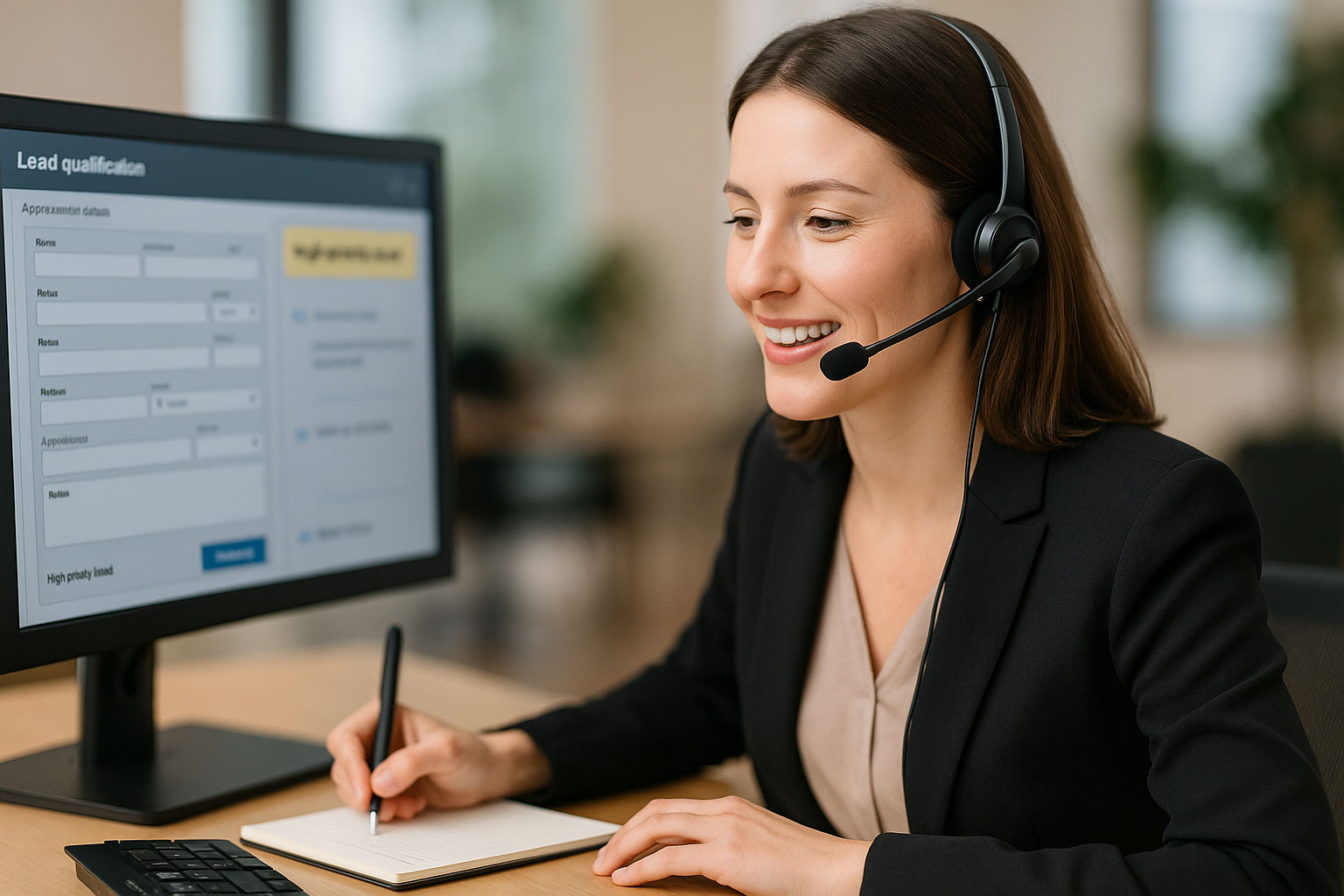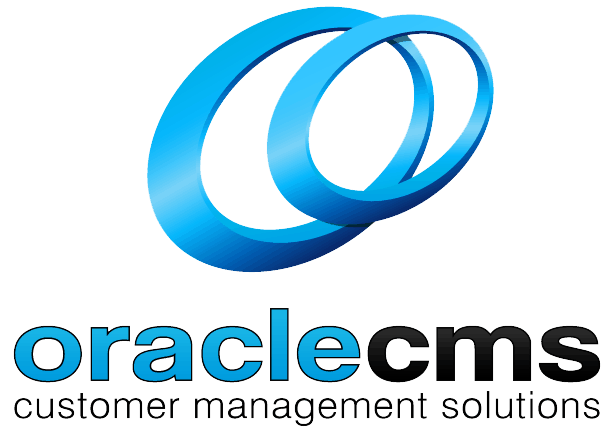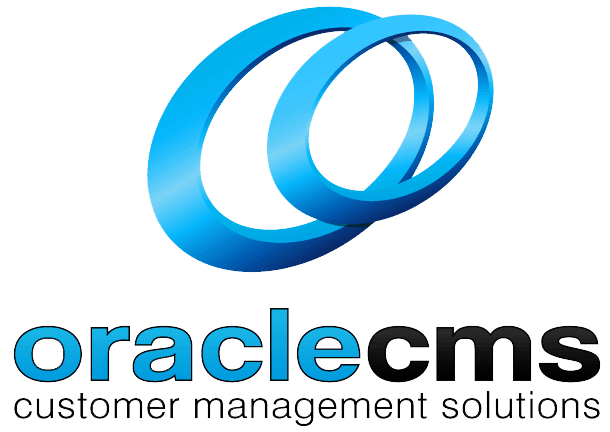
The Role of Virtual Receptionists in Lead Qualification and Conversion
For many businesses, the first call is also the first sales opportunity. How this call is handled its tone, structure, and responsiveness, can significantly influence whether that prospect converts into a customer.
That’s why a professional virtual receptionist service is no longer seen as just admin support. It now serves as the front line of lead qualification and directly increases conversion rates by combining professionalism with process.
Understanding What Lead Qualification Really Means
Lead qualification isn’t about closing the sale it’s about gathering the right information to assess whether the caller is a good fit for your product or service. This process, when done correctly, reduces wasted time for sales teams and ensures genuine enquiries are prioritised.
Virtual receptionists can be trained to ask subtle, yet essential questions to assess the caller’s intent, urgency, and level of interest. For example, they may inquire about the caller’s time frame, budget, or specific needs. This early screening helps shape the quality of leads your team receives, ensuring resources are spent where they matter most.
How Virtual Receptionists Influence Conversion Rates
First impressions matter. A caller who speaks to a helpful, informed receptionist is more likely to feel confident continuing the conversation with your business. Virtual receptionists can significantly improve conversion rates by making every caller feel welcomed, understood, and taken seriously.
Speed also plays a role being available to take the call immediately avoids missed opportunities, especially for service-based businesses where urgency is high. The professionalism and clarity that a trained receptionist brings creates a seamless, low-friction experience, helping convert casual enquiries into booked appointments or next steps.
Mistakes in Lead Handling That Virtual Receptionists Help Prevent
When phone enquiries go unanswered or are handled poorly, it directly affects the bottom line. Common lead handling issues include:
- Missing the call altogether
- Providing vague or incorrect information
- Failing to record or relay customer details
- Allowing hot leads to go cold through slow follow-up
A virtual receptionist service acts as a safeguard, ensuring every caller receives the same level of care and attention, no matter the time or day.
Key Skills That Drive Better Lead Qualification Outcomes
Virtual receptionists succeed when they’re equipped with the right tools and training. Some of the most important skills that lead to better qualification outcomes include:
- Clear communication and active listening
- Confidence in asking relevant, natural-sounding questions
- Knowledge of your services and the ability to articulate value
- Judgement to escalate urgent or high-value calls
- Precision when logging details or booking appointments
These capabilities turn a passive call handler into a proactive extension of your team.
Technology That Enhances Virtual Receptionist Performance
Technology supports, rather than replaces, a good receptionist. CRM platforms, shared calendars, and customer databases allow receptionists to log information in real time and support effective handovers.
Integration with email or direct messaging tools ensures follow-ups are not missed, and call notes remain accessible to your internal teams. Many services also use call tagging, lead scoring, and reporting tools to track how many calls convert to action.
This data can be used to refine lead-handling processes over time, making the system smarter and more effective with each interaction.
Working in Sync With Sales and Service Teams
A virtual receptionist doesn’t operate in isolation. Their ability to share lead insights with sales or service teams is essential to the conversion pipeline.
Whether through direct CRM updates, scheduled callbacks, or a handover email with key notes, the receptionist’s input sets the tone for the next touchpoint.
When coordination is smooth, the customer feels continuity they don’t need to repeat themselves, and the team can pick up the conversation exactly where it left off.
Sectors That Rely on Virtual Receptionists to Convert Leads
Certain industries are especially reliant on phone interactions to capture and convert leads. These include:
- Healthcare practices such as dental, physio, or allied health clinics
- Legal firms handling client consultations and case enquiries
- Property management and real estate businesses
- Trades and home services where same-day bookings are common
- Business and financial consultancies dealing with high-value clients
For these businesses, having a professional receptionist is more than a convenience it’s a strategic sales function.
Aligning Scripts With Sales Objectives
A virtual receptionist script isn’t just about answering the phone politely. It should be designed to move the caller gently toward a next step. That might include booking an appointment, confirming contact details, or explaining how someone from the team will follow up.
The best scripts are tailored to specific service offerings and lead types, while remaining conversational and warm. They remove ambiguity and help manage expectations, guiding callers without sounding forced or robotic. Over time, these scripts can be fine-tuned based on feedback and call outcomes.
FAQs
Q1: Can virtual receptionists really help with sales?
A1: Yes. While they don’t close the deal directly, virtual receptionists influence key parts of the sales funnel by qualifying leads, providing timely responses, and encouraging the next step.
Q2: How do they decide which calls are urgent or high-value?
A2: Virtual receptionists are trained to spot certain triggers such as intent to purchase, existing client status, or time sensitivity and escalate calls based on predefined rules or criteria.
Q3: What tools do virtual receptionists use to manage leads?
A3: They often work within CRM systems, appointment schedulers, and integrated communications platforms to record lead details and support smooth follow-up.
Q4: Can I customise how leads are handled?
A4: Absolutely. Businesses can define scripts, questions, escalation processes, and handover formats to suit their needs and priorities.
Q5: How can I measure the effectiveness of my virtual receptionist service?
A5: Track metrics such as call-to-appointment conversion rate, missed call recovery, lead quality, and customer satisfaction with receptionist interactions.



